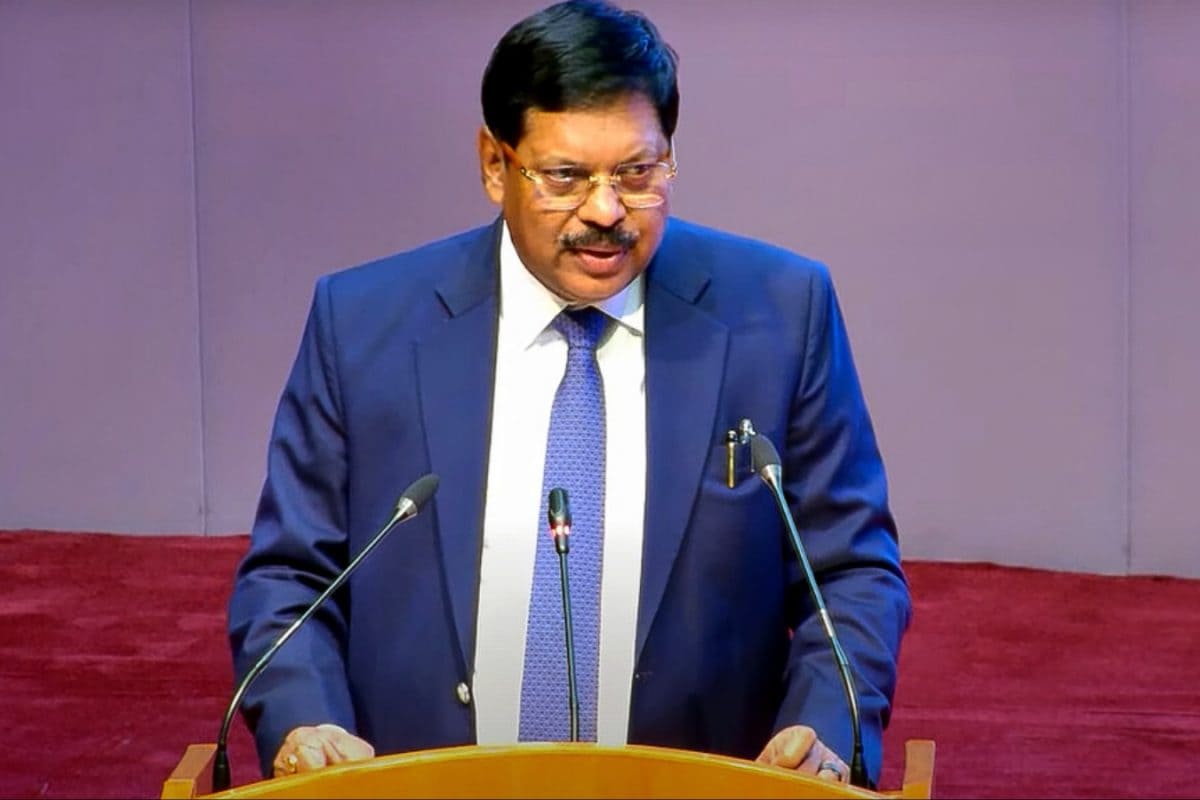

Chief Justice of India (CJI) B.R. Gavai recently delivered a significant address at the Oxford Union, where he spoke on the role of judicial activism in India, emphasizing its importance while cautioning against its potential excesses. Justice Gavai articulated that while judicial intervention is sometimes necessary to protect citizens' rights when the legislature or executive fails, it must not devolve into "judicial terrorism."
Addressing the Oxford Union on Tuesday, June 10, 2025, Justice Gavai participated in a discussion titled "From Representation to Realization: Embodying the Constitution's Promise". During his speech, he underscored that the Indian Constitution serves as a transformative force, actively working to uplift historically oppressed communities by ensuring guaranteed rights. He highlighted his personal journey from a humble background to becoming the CJI as an example of the Constitution's empowering influence.
Justice Gavai defined judicial activism as the judiciary's proactive role in upholding legal and constitutional rights, even if it means venturing into areas traditionally reserved for the executive and legislature. He stated that judicial activism is essential to hold the other branches of government accountable and ensure that the rights of citizens are protected. He stressed that the judiciary is obligated to intervene when the legislature or the executive fails to safeguard these rights.
However, Justice Gavai also cautioned against the overreach of judicial power. He introduced the concept of "judicial terrorism" to describe instances where the judiciary exceeds its limits and encroaches upon areas where it should not typically interfere. He emphasized that the power of judicial review, which allows courts to strike down laws, should be used sparingly and only in exceptional cases, such as when a statute violates the Constitution's basic structure, conflicts with fundamental rights, or is patently arbitrary or discriminatory.
The distinction between judicial activism and judicial restraint is crucial. Judicial activism involves judges using their power to correct injustices and protect rights, even if it means setting aside government actions. Judicial restraint, on the other hand, encourages courts to defer to the other branches of government and uphold existing laws whenever possible. The definition of judicial activism and what specific decisions qualify as such, often stirs controversy. Critics argue that judicial activism allows judges to impose their personal views and policy preferences, undermining the democratic process. Proponents, however, argue that it is a necessary check on legislative and executive overreach, protecting minority rights and ensuring that the Constitution remains relevant in a changing society.
Justice Gavai's remarks also touched on the importance of access to justice, particularly through technology. He noted how technology can reshape India's legal system, ensuring that constitutional values are upheld and that every citizen, regardless of location or class, can access the legal system. He highlighted initiatives such as video conferencing for rural lawyers, translation tools for legal documents, and the e-Courts portal, which provides citizens with case information and reduces the need for travel to courts. He cautioned that technology can also deepen divides if not implemented carefully, emphasizing the need for strong laws and human oversight to prevent bias and ensure data privacy.
The CJI's address at Oxford has sparked discussions about the appropriate role of the judiciary in a democracy, the balance between activism and restraint, and the potential pitfalls of judicial overreach. His emphasis on "judicial terrorism" serves as a reminder that judicial power must be exercised judiciously and with respect for the boundaries between the different branches of government.